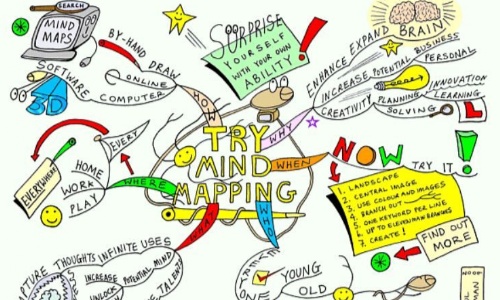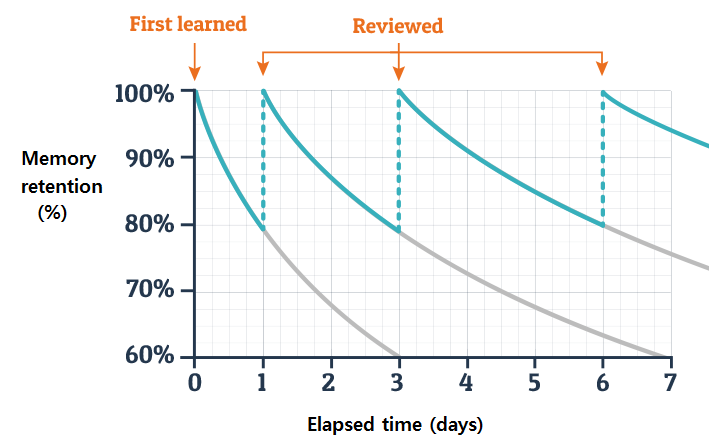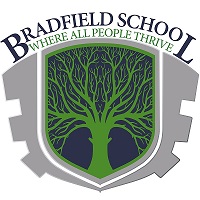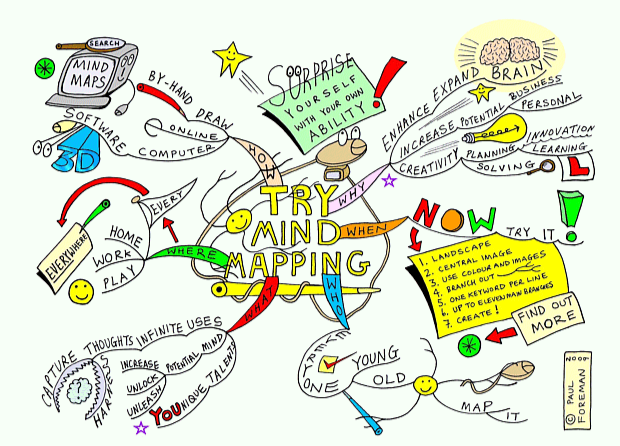There's a lot to learn.....

How students can revise.....
Y11 will start their final GCSE exams after the Easter break and Y10 will have their first mock exam experience during the week commencing 15th April. For these students, revision is crucial to maximise attainment. However, through this blog I want to not only explore how students can revise more effectively, but also why revision is a crucial part of learning in all year groups.
The Art of Forgetting
We naturally forget things over time. For new information, this is because we only commit it to our short-term memory. However, if we revisit information regularly, we can commit it to our long-term memory, and it will become easier to recall information quickly and accurately. This is exactly why drivers can manoeuvre a car without having to think about it; they have practised the same skill over and over until it is in their long-term memory.

The German scientist Hermann Ebbinghaus discovered that people need to revisit information around 4 times to embed it in their long-term memory. Through his research, he developed what he called the ‘forgetting curve’ (shown in the diagram). Ebbinghaus found that if information is revisited and revised before completely forgotten, we remember more of it each time. He also found that more time could be elapsed between each period of revision. This is called ‘spaced learning’.
Revision is clearly important if students are to recall the information required to excel in an exam. However, students should not leave all of this until the end of Y11 when the period of GCSE exams begins. Curriculum at Bradfield is designed as a series of building blocks, so to learn new information, old learning needs to be secure. Revision should therefore take place consistently throughout a student’s school career.
I have outlined some techniques for revision below and how you can access subject content from home via our website to support this.
Revision should be broken in two: learning knowledge and practising applying knowledge.
Techniques for Learning Knowledge
Students will find that some techniques work better than others; everyone will have a personal preference of what works for them. Younger students should trial different methods until they find what works for them. I have summarised several good techniques below. Resources such as knowledge organisers (brief summaries of all knowledge needed) to support this work can be found via the Student SharePoint pages, which can be accessed remotely from home (students should log in using their usual school username and password). A link to this called ‘Resources to Support Learning' can be found on the school’s website under the ‘Learning at Bradfield’ heading at the top of the page.
|
Flashcards To create a flashcard, write a key word or question on one side and then the definition or answer on the opposite side. The card can then be used to check whether knowledge has been remembered. Research shows this technique works best when students say the information out loud or work in pairs to test each other. As a parent or carer, you could therefore get involved with this and test what your child knows!
|
|
A mind map is a way of organising knowledge in a visual way. To create your mind map, put the topic in the middle of your page and use subtopics as branches around it. Then summarise key ideas briefly with each subtopic. Work on large paper and use a mixture of words, pictures and colours to help you remember things long term.
|
|
Self-Quizzing Don’t just keep revising what you already know. Use self-quizzing techniques to check where your gaps in knowledge are. When you identify a gap, go back and re-learn. Ways of self-quizzing include:
|
|
Make a Plan Students should plan their revision. Firstly, they should consider what needs to be revised and then prioritise topics. This could consider which areas a student feels are weaker or which they have less time to revise (eg, are covered in an earlier exam). They should then plan a timetable considering any commitments and building in rest breaks. A helpful guide to this can be found here.
|
Practise Applying the Knowledge
For GCSE students, this will involve working through past exam papers. We have made all of these available via the Student Sharepoint pages. Each individual subject page has a link to past papers on the exam board website. Alternatively, students can scan the QR codes on the revision display in reception at Bradfield to access these resources. Whilst it is good practice to work through past papers in timed conditions, it is good to work at a slower pace, with revision materials such as class notes and knowledge organisers available too. Working through past papers with notes allows students to relearn knowledge where gaps are identified.
As part of our continual improvement, the summer term will focus on how we embed different strategies within the key stage 3 curriculum to ensure information is retained in the long-term memory, thus ensuring students can recall that information during assessment periods. Prior to an assessment period, school will contact you with information regarding the topic areas that will be covered to support more effective revision. This will also be shared with students via Satchel One.
Hopefully, this blog has given you some helpful information to support your child with revision at home. If they are feeling overwhelmed or just don’t know where to start, encourage them to speak to their class teacher. Our staff are always happy to help and above all want your child to be successful. Staff will know where students’ strengths and areas for improvement will be, so will be able to give really focused direction on what to revise and where to find the resources to support with this.
I hope you and your families have a restful Easter break,
Gemma Bott
Assistant Head, Curriculum and Systems

 Mind Maps
Mind Maps